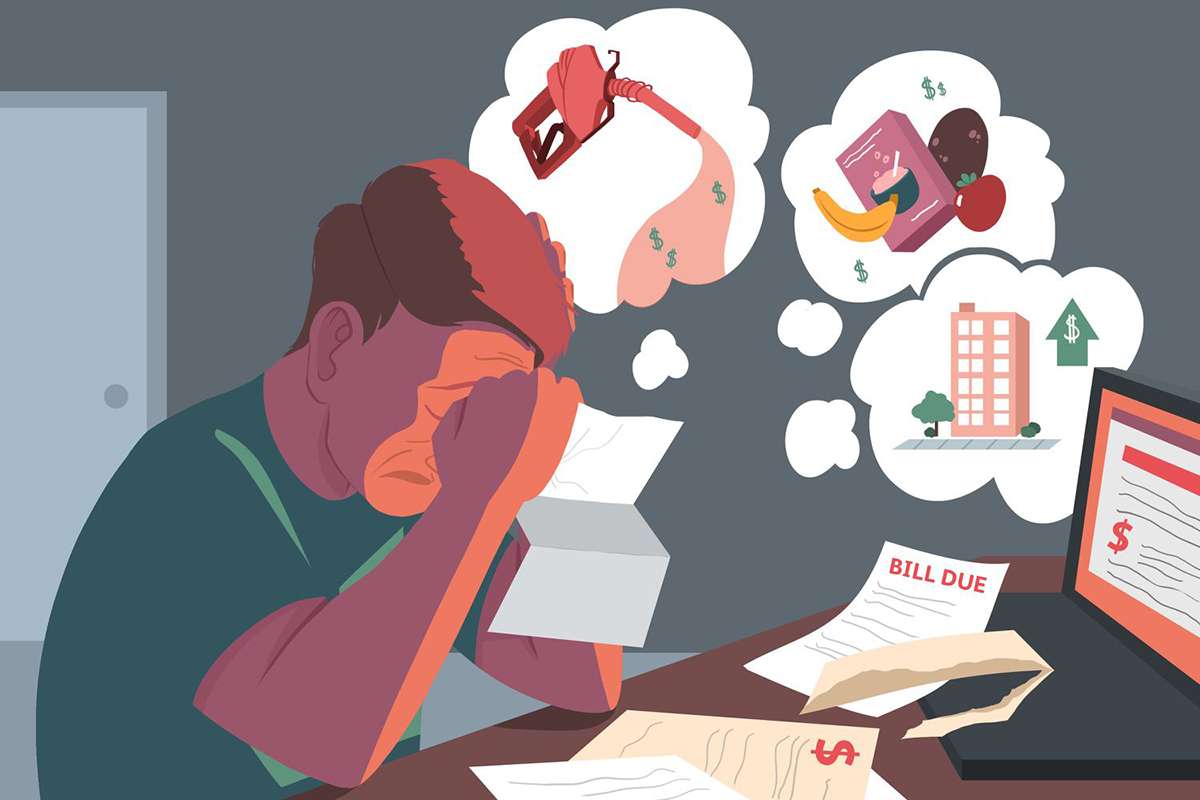- 11 October 2022
- No Comment
- 166
Post-study Depression

So, your degree is finished, and you’ve had that ticker on your screen to signal it’s over. That means you’ve graduated, right? Congratulations! Now, the real world awaits… But as every student knows, finishing a lengthy course of study isn’t easy. It comes with its challenges and stresses, which can leave you feeling like there isn’t enough time in the day to catch your breath. That’s why many students struggle with post-study depression following graduation. It may not seem like a big deal, but this can be a challenging time for anyone who is leaving their education behind and stepping into the workforce for the first time.
In the weeks and months after you graduate, it can feel like your whole world has fallen apart. New responsibilities, limited job opportunities, strained relationships with family and friends, and a general lack of structure are just some of the challenges that come along with post-study life.
Unsurprisingly, this time is also known as the ‘post-grad blues’ or ‘third-year blues’ – a phrase coined from the stress and anxiety many students experience in their final year of university. With so much change happening in such a short period, it’s fair to say that any new graduate will experience some sort of depression. But don’t worry; post-study blues is not as bad as it sounds.
Getting back to normal life after completing a degree can be invigorating and exciting! You are now in control of your future! So let these tips help you survive post-study depression with ease:
- Don’t Dwell on the Past
It’s easy to look back at your time as a student and dwell on the “what ifs” and the “could haves.” However, this will only lead you down a path of negative thoughts that will only make you more depressed. One of the best ways to avoid this is to keep in touch with your university friends. You can easily find them on social media and send out invitations to keep in touch.
This will help you stay in a positive state of mind while also helping you transition into the real world while keeping you from feeling too isolated. This also applies to your family and friends. If you find yourself feeling depressed, don’t shut yourself off from others. Reach out to them and let them know what you’re feeling and what you need from them.
- Network, Network, Network
The more you network, the more potential connections you’ll have in your life. This will help you find jobs, mentors, and everything else you may need in the future. Most universities have career centers, student organizations, and societies. Make sure you put yourself out there, attend meetings, and join as many of these organizations as possible. Besides connecting with people, you can also start building your professional skill set while a student.
This will help you gain experience in the workforce when you graduate and will also help you find a job. Good ways to network include volunteering at non-profits, joining professional associations, attending industry events, and using social media to network with people in your field.
- Lay Out Your Career Path & Goals
Make a list of all the skills you have and all the things you want to do. Combine these two lists and create a career path that will help you achieve your goals while avoiding fields that will make you feel like you’re still a student or that you don’t want to do. Having a list like this will help you stay motivated and focused on your goals. It will also help you stay positive during transitioning from student to working adult. You should also reach out to your professors.
They may have connections in the field you want to work in and can help you get a head start on your career. It’s also important to know your weaknesses. Make a list of what you aren’t good at and how you can improve on them. This will help you avoid fields that require you to be skilled in something you aren’t great at.
- Exercise and Eat Healthy
You might think that once you graduate, you have to stop exercising and eating healthy. However, that is not the case. You will indeed have less time to yourself once you graduate. However, you will have a lot more responsibilities, and it’s important to stay healthy to be able to handle these new responsibilities.
It may seem like an extra task that you don’t need right now, but it will help you stay happy and healthy as you move into the real world. It will also help you stay motivated and focused on your goals. It will give you a break from the daily grind of your life and help you recharge.
- Join a Group or Club
This will help you stay active socially and give you something to focus on that isn’t school or work. It will also help you meet new people and start making connections that you can use in the future. You can join a sports team, a club, or a volunteer organization. You can also join an online forum where you can converse with like-minded people and learn more about your chosen fields.
It’s important to find a group or club that is right for you. If you’re not enjoying what you’re doing, you’ll just make yourself more depressed. Group or club participation will also help you deal with anxiety and stress. It can also help you stay focused and motivated.
- Take Time for Yourself
Even with all the commitments, you’ll have after graduation, it’s important to take time for yourself. You need to make time for things you enjoy and that will help you relax and unwind after a long day. You need to make time for the things that make you feel happy, relaxed, and positive.
What things do you enjoy that can help you relax? What things do you enjoy that will help you stay positive when you’re feeling down? If you make time for these things while you’re still a student, they will help you stay positive and happy during the transition from student to working adult. They will also help you deal with the stress and anxiety that comes with a new job and lifestyle.
Conclusion
Post-study depression is a very real phenomenon and one that is experienced by many students when their time as undergraduate or postgraduate students comes to an end. The stress of final exams, the difficulty of finding work, the end of a social life packed with friends, and – most importantly – the end of classes are just some factors that can trigger this condition.
It is almost inevitable that the transition from student to working adult will be challenging for most people. Unfortunately, most people don’t know how to handle post-study depression if they experience it once they finish their studies and enter the real world as adults with new responsibilities and limited support systems. This is a very real condition that can negatively impact mental health. It can also cause a major disruption to your social life, as well as have an impact on your ability to find a job after you finish your studies.
If you are struggling with post-study depression, you should seek help. The first step is to talk to someone you trust – family or a counselor are good starting points. The next step is to make a plan for how you will cope with your symptoms. Every person experiences post-study depression differently, so the best way to determine what works for you is to try different things.



